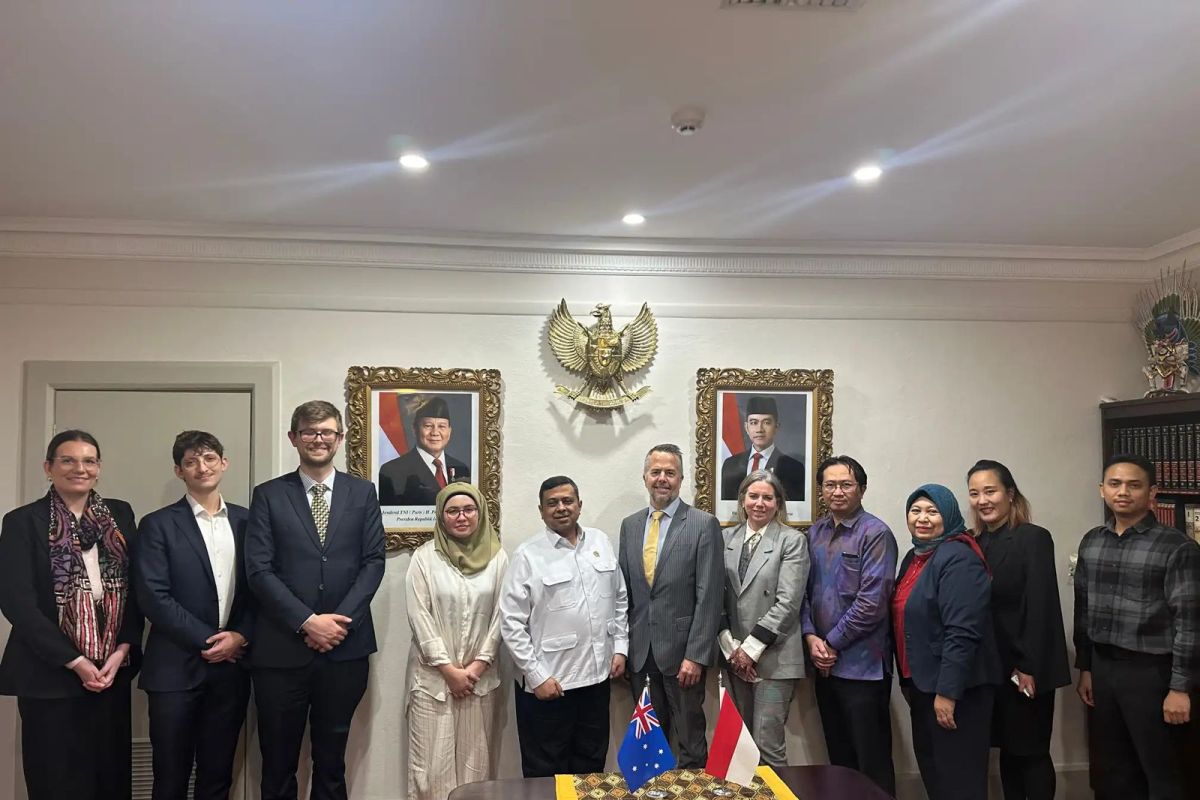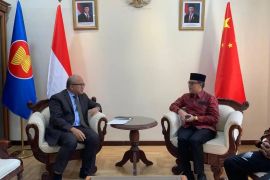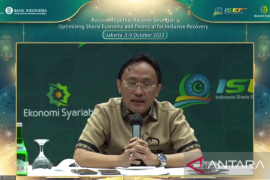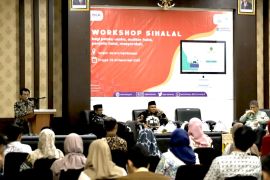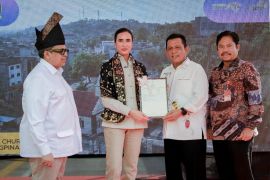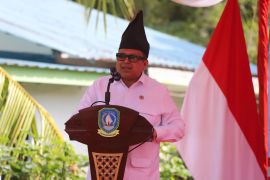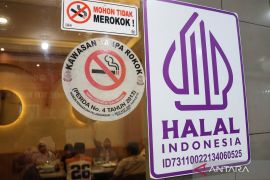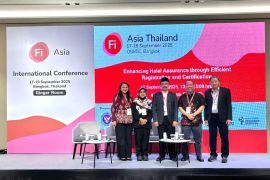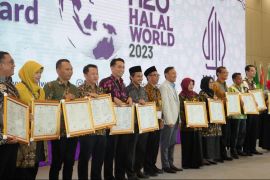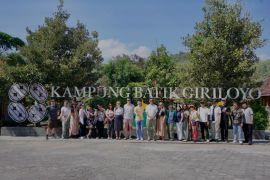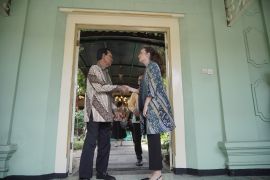"This meeting is aimed at strengthening strategic cooperation between Indonesia and Australia through synergy in the halal product industry and trade sectors, to be more productive and mutually beneficial," the head of Indonesia's Halal Product Assurance Agency (BPJPH), Ahmad Haikal Hasan, said in a statement on Sunday.
The meeting was held on July 10 at the Indonesian Consulate General in Melbourne, Australia, where Hasan addressed several related issues.
These include the need for an annual requirement of 650,000 metric tons of halal meat to meet the nutritional needs of students and support President Prabowo Subianto's Free Nutritious Meal (MBG) program.
"Currently, Australia supplies around 140,000 metric tons of halal meat per year. There is a significant gap that represents an opportunity to increase trade volume, with the support of Australian slaughterhouses with halal standards and certification from the Australian Foreign Halal Agency (LHLN)," Hasan continued.
Related news: Indonesia's halal exports to Australia jump 13.5% in early 2025
He also drew attention to the importance of halal certification not only for slaughtered meat products, but also for other products such as vitamins, medicines, cosmetics, and skincare, as the mandatory halal certification will come into effect on October 18, 2026.
"Halal certification is a symbol of the quality, cleanliness, and safety of a product. It also reflects animal welfare during slaughter, which aligns with global WHO and FAO standards," he explained.
His party then highlighted the need for monitoring of recognized Foreign Halal Institutions (LHLN) in Australia to maintain standards and prevent unfair competition. Currently, there are 12 Australian LHLNs recognized by BPJPH.
On the same occasion, the Australian government reiterated its commitment to supporting Indonesian food security.
They requested the acceleration of licensing approval process for nine Australian slaughterhouses and nine milk and dairy processing plants, enabling them to supply more nutritious food and support Indonesian government programs.
Australia also proposed the use of a single halal logo/label for its products entering the Indonesian market, to simplify customs clearance and increase consumer confidence.
In addition, both parties agreed to continue collaboration to support sustainable trade and address future technical halal trade challenges.
Related news: Indonesia calls for globally recognized halal standard
Related news: Multiple products require halal certification by October 2026
Translator: Arnidhya Nur, Resinta Sulistiyandari
Editor: M Razi Rahman
Copyright © ANTARA 2025
